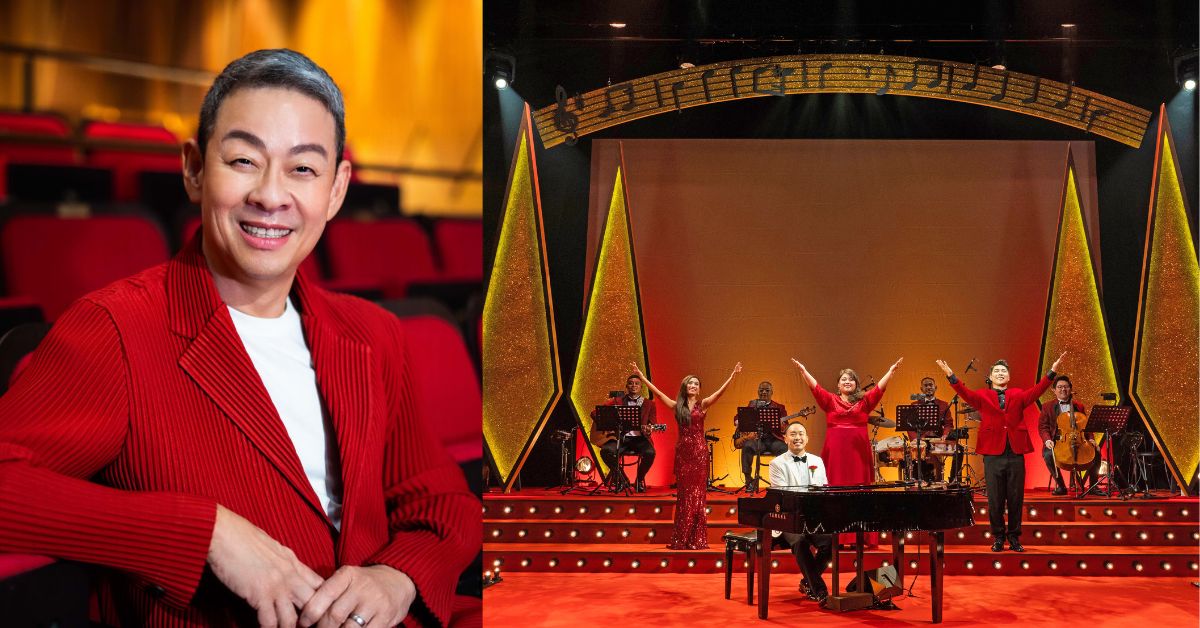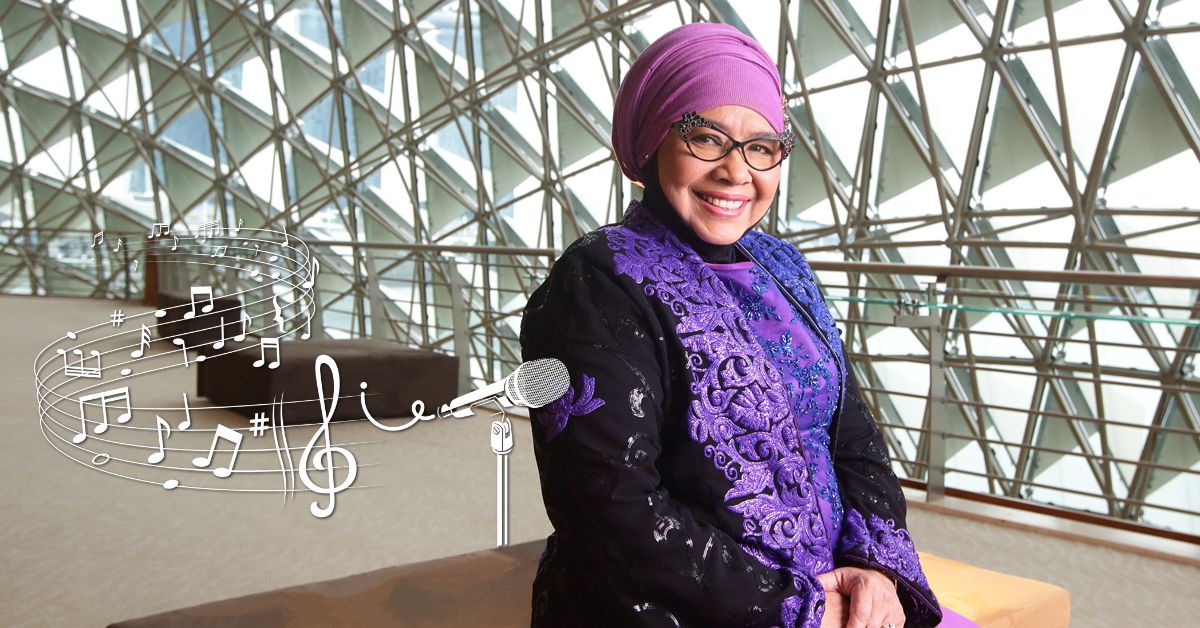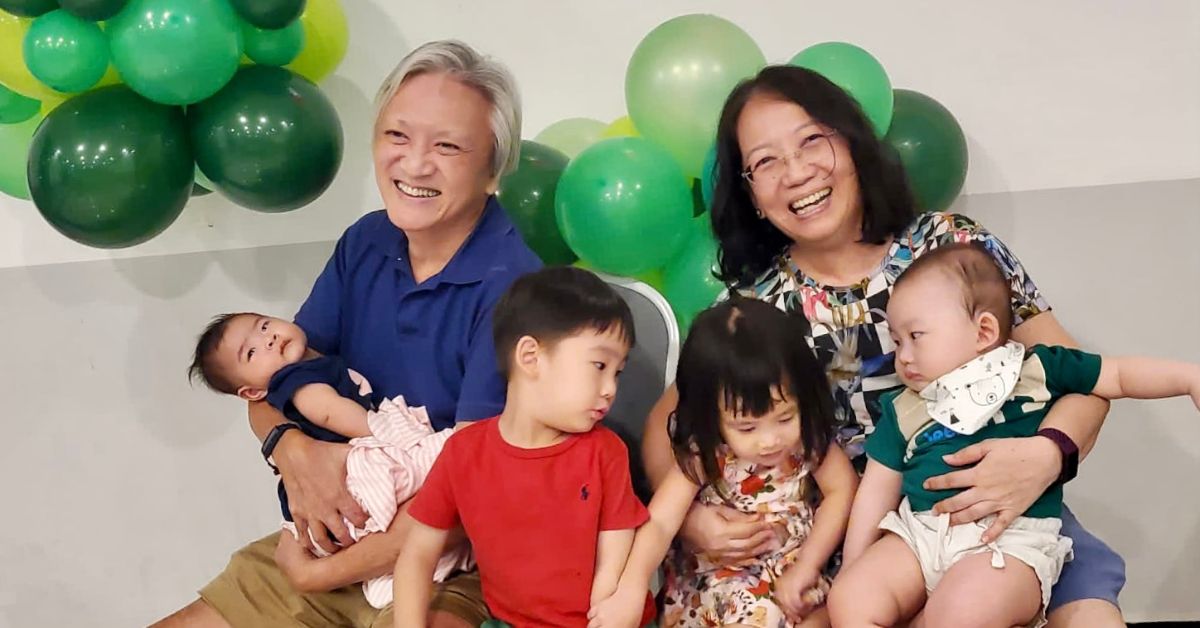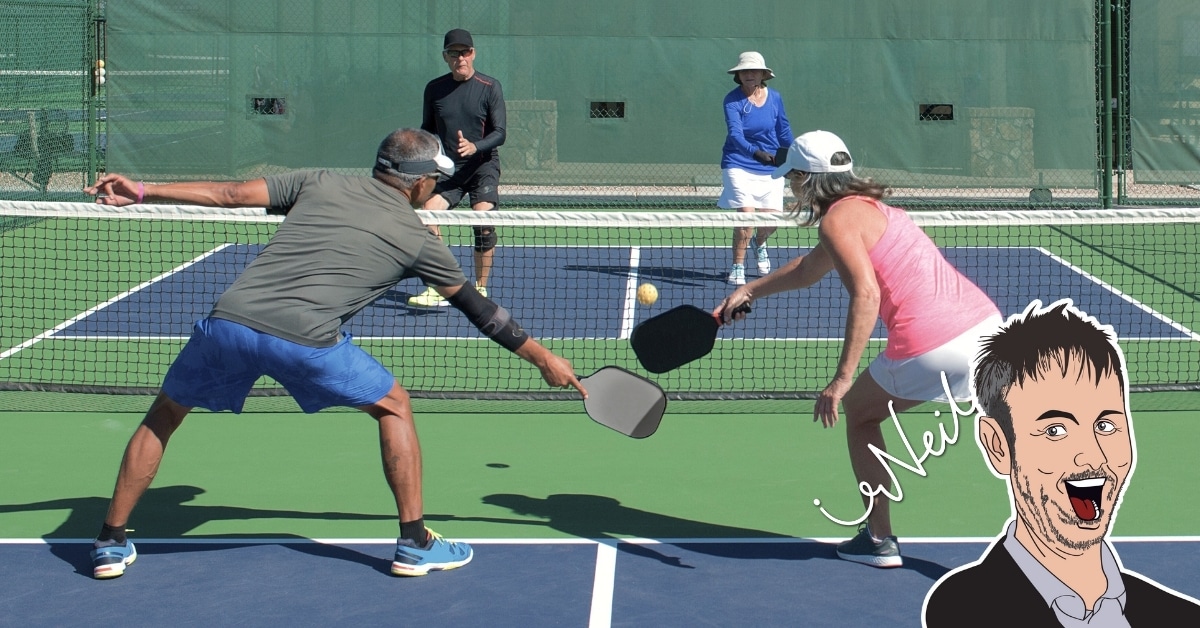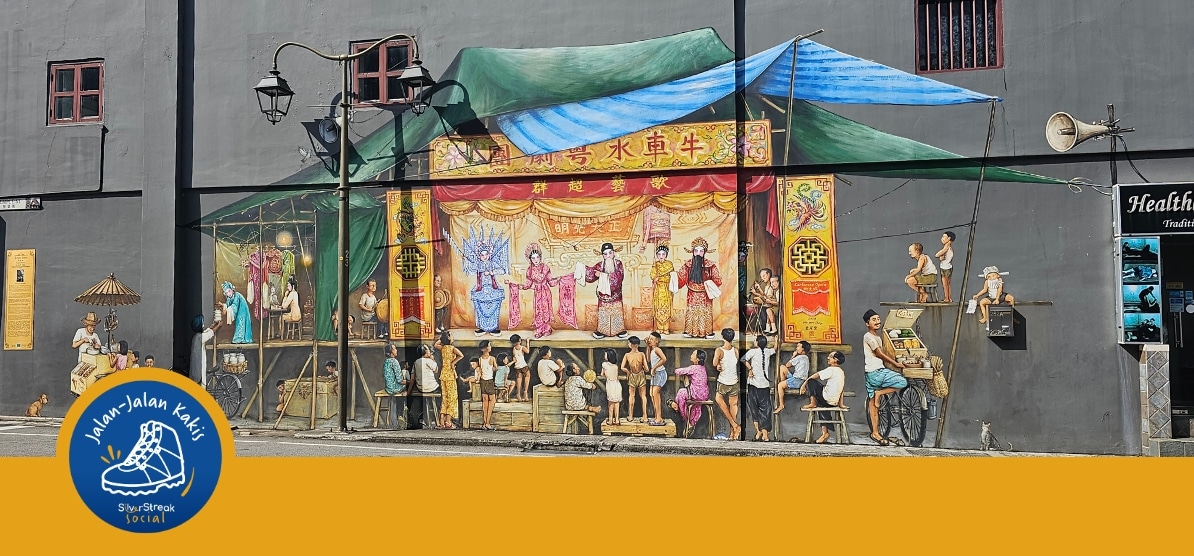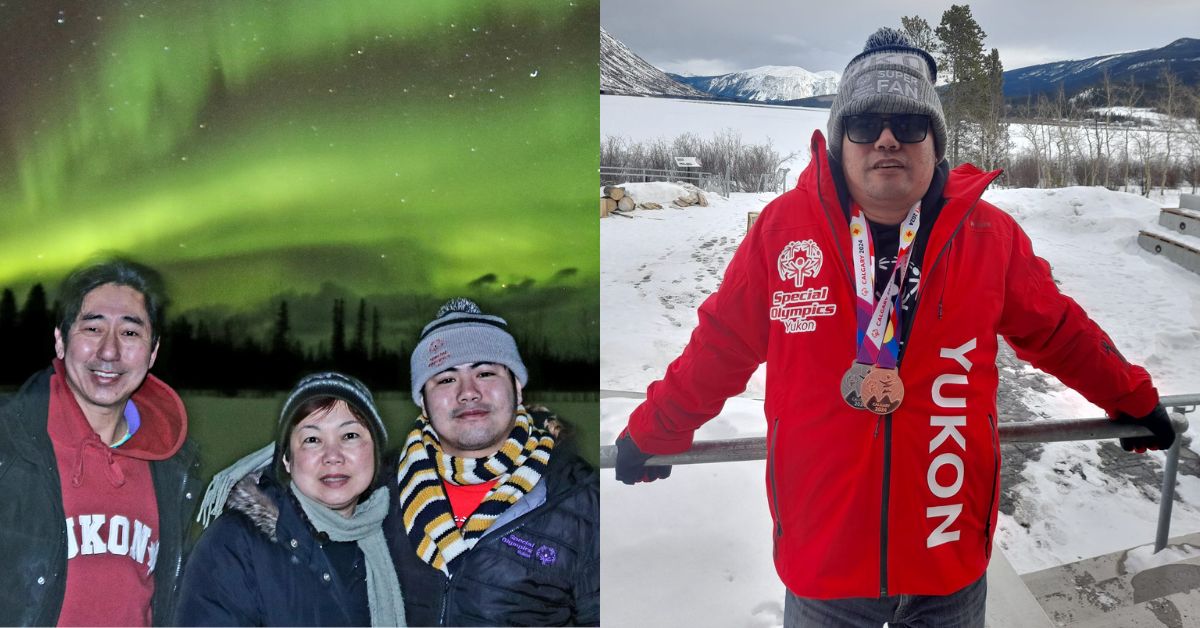
In March 2000, the Chuas made the difficult decision to give up everything – their jobs, their friends, and their home in Singapore – to move to Canada in search of a better life for their 10-year-old autistic son Ernest, not knowing that their move would one day lead him to international sporting glory at the Special Olympics.
Then, they just hoped to find an education system that was better equipped to accommodate Ernest, who was born with autism spectrum disorder, than Singapore back then – which mother Shirley Chua-Tan, 59, says had “hardly improved from the ’60s” in terms of facilities.
More importantly, she and her husband Chua Eng Khoon, 64, were looking for a community with an inclusive attitude to those on the spectrum.
In other words, something unlike what they faced in Singapore, both from strangers and, unfortunately, people closer to home.
“We could feel something from the older people, even if no one said it out loud. It was wrapped up in olden Asian thinking – that if your child has autism, it was because you had done something bad,” she explains.
Advertisement
Canada immigration for attractive integrated education system
And so they migrated.
Canada, specifically its westernmost province of British Columbia, was the location of choice, as it was where the Special Education Policy Framework had just been instituted.
Thanks to the framework, schools in British Columbia operate under an integrated system that caters to both children with and without special needs.
The Chuas settled in the bustling city of Vancouver, almost 13,000km away from Singapore. Ernest (and his siblings, who are not on the spectrum) went to school while Shirley, who had previously given up her sales manager job to care for the children, remained at home. This left Eng Khoon as the sole breadwinner.
We moved to a completely new city, with no family and no friends. We had to start from scratch,
says Eng Khoon, who had secured a permanent residency in Canada on his credentials as a facilities officer and squash coach in Ngee Ann Polytechnic – but couldn't snag a job in the same field.
“Everywhere I applied, I heard the same thing – no Canadian experience, no Canadian experience,” he adds. “I had to work my way up from the factory floor.”
It was hard going for the family of five, though there was a silver lining. Ernest’s schooling experience was indeed “incomparably better” compared to what he had in Singapore, says Shirley.
Ernest – who is high needs and non-verbal – could now study and interact with other kids in the same school, while receiving additional support from speech and occupational therapists stationed at the school.
They would have individualised improvement plans for every student like Ernest, and we would get updated constantly about his progress,
says Eng Khoon.
The best part? It was all paid for by the government – though of course, the taxes there are higher to make up the difference.
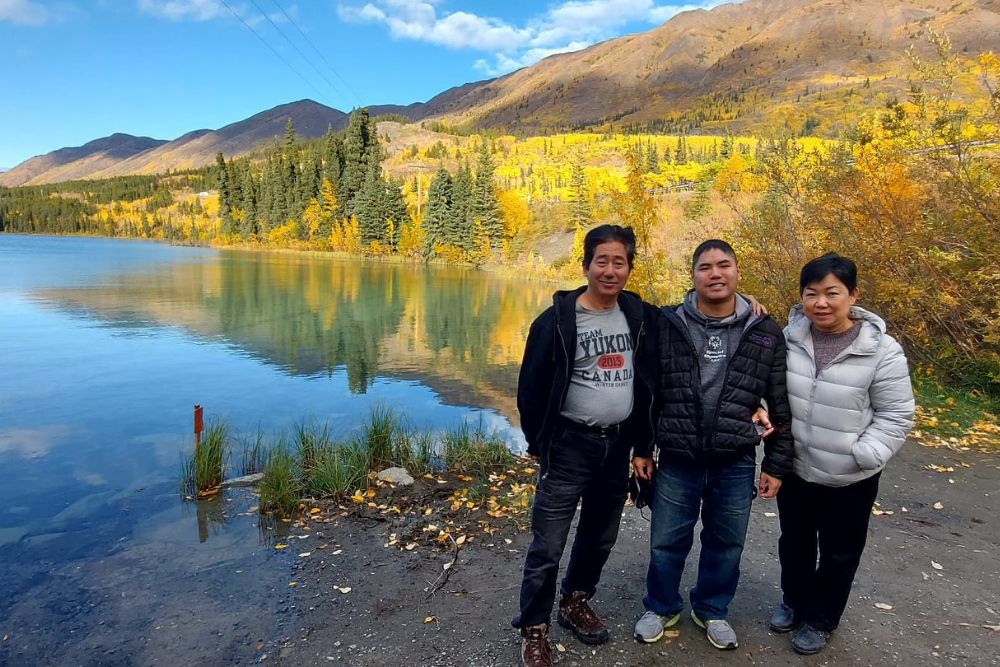
A decade flew by quickly, and Eng Khoon stumbled upon a job opening that would allow him to bank on his past experiences. He took up the role of head coach at a squash school. The only catch was that it was in Yukon, a mountainous and sparsely populated territory further north of British Columbia.
As it turned out, the move kickstarted a shift not just for Eng Khoon, but also his son Ernest, who was given free rein to explore different sports by his supportive parents.
Cross-country skiing was an instant hit for the teenager, who would go on to spend his winter months winding his way across the region’s famed ski trails.
From water-phobic to Special Olympics swimming medallist
Swimming, which the Chuas view as an “essential life skill”, was not as easy for Ernest to pick up. He had developed a strong fear for water when he was younger after “nearly drowning” at a swimming pool back in Singapore, which meant that Shirley had a “hard-fought battle” getting him back into the water.
“He would sit in the car and refuse to get out. I had to rack my brain to think of a way to encourage him to come out willingly, and eventually I settled on using food,” says the mother.
"It was a slow and steady journey over many weeks. I’d lure him onto a stool outside, and slowly, bit by bit, to a bench inside the swimming centre, then closer to the pool."
Eventually, she managed to coax Ernest back into the water. His first swim, years after his childhood incident, was an uncertain paddle in the children’s pool.
Over the course of five years, he found his fins. He ditched the floats, switched over to the full-sized Olympic pool, and practised his strokes with teammates and coaches from a local special-needs swim team.
His parents eventually signed him up for a provincial competition – just as they did with cross-country skiing – and the rest is history. Good results at provincial games led to regional competitions, which in turn meant national bouts representing Yukon – and finally, the Special Olympics.
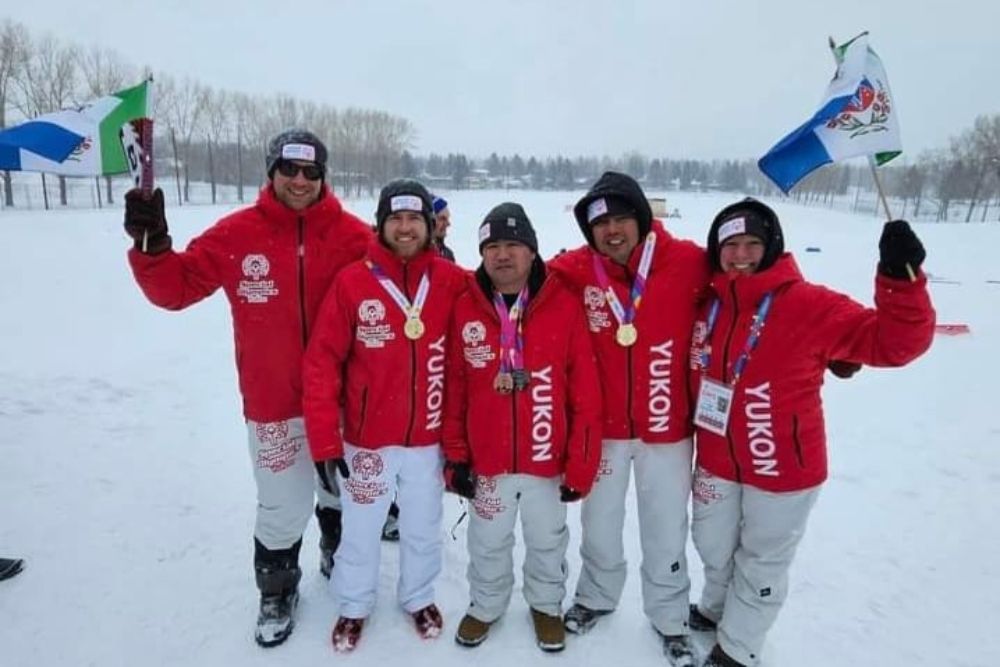
Ernest first scored a gold in the cross-country 500-metre freestyle ski race and silver for the cross-country ski relay at the Special Olympics World Winter Games 2017, before snagging two more silver medals for the four by 50m medley relay and 100-metre backstroke at the Special Olympics World Games 2019.
With his participation in the 2019 games, he became the first Special Olympics athlete representing Yukon to compete at both the winter and summer games.
His most recent exploits on the ice include a silver for the 2.5km race, and a bronze for the 1km, at the Special Olympics Canada Winter Games earlier this May.
While Shirley credits her son’s inadvertent sporting stardom to the immigration – “Singapore has a different focus when it comes to overall learning. It has improved a lot, but not enough to produce another Ernest Chua” – she nevertheless avers that it was never a part of the plan.
We never really expected anything. Everything was 'try try' with no expectations,
she says.
"I don’t think any parents with special-needs children really expect anything – we just want them to be safe, happy and healthy. Good results are just extra blessings."
Finding a Singaporean kampong abroad
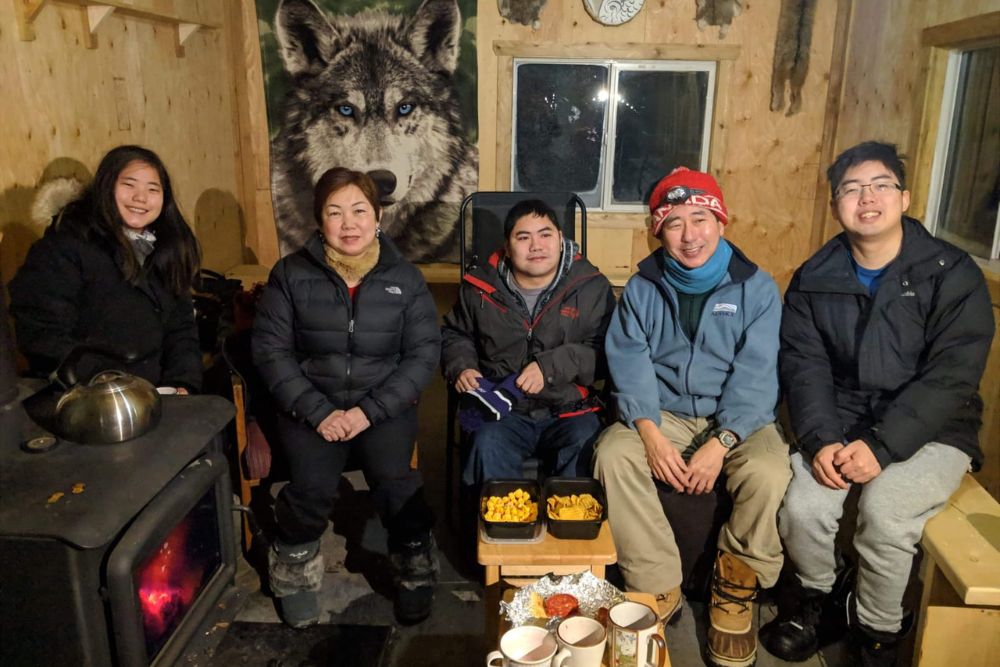
Today, Eng Khoon runs his own northern lights tour business, hosting all his aurora viewings at a cosy cabin just half an hour from the city centre. Shirley has also returned to the workforce as a real estate agent.
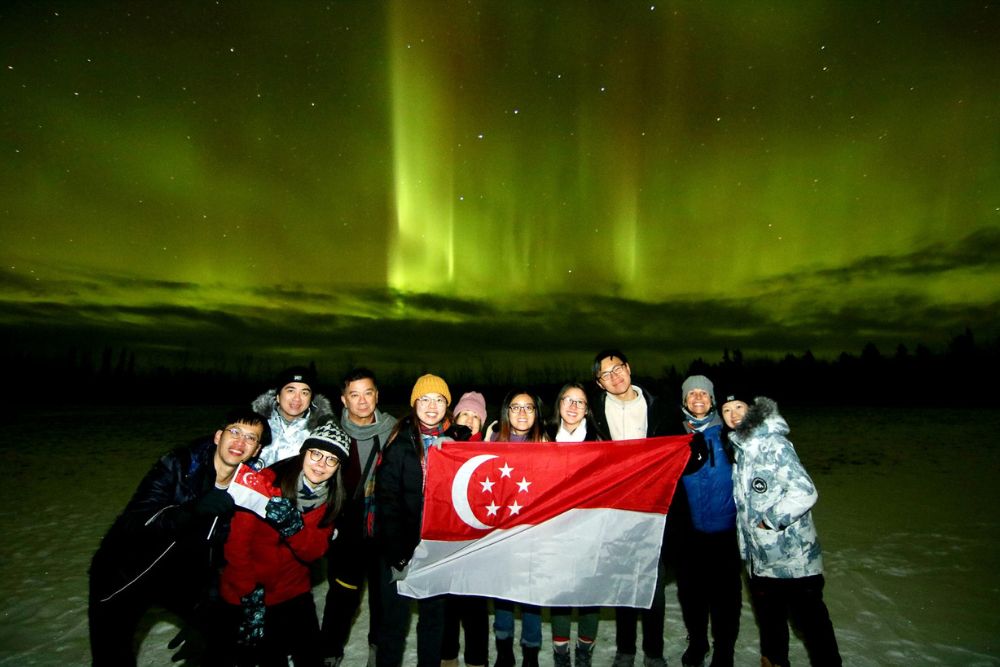
"It’s like having my own Singaporean kampong here," he says.
Ernest, meanwhile, spends his days at an adult day care centre for people with special needs (also free) – when he’s not training, of course.
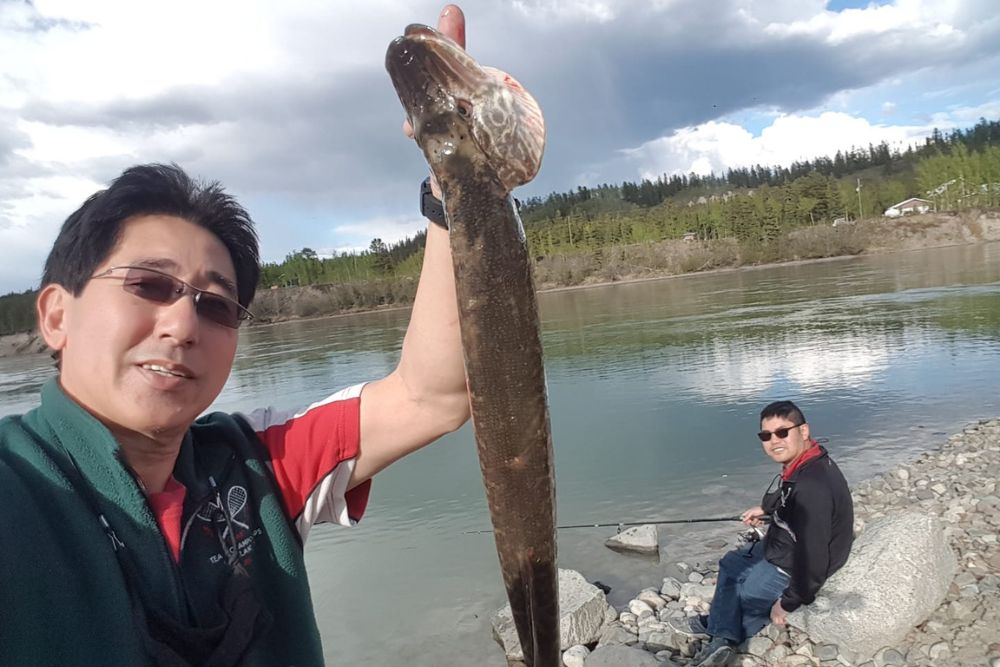
On the weekends, I can take him out fishing or for hikes in the wilderness. He loves it, you can see it,
says his father.
The only unanswered question that remains for the family more than two decades into their immigration story is this: Will they ever return to Singapore?
The Chuas are undecided.
Shirley considers Singapore her home, “no matter how long she’s been away”, even as she bristles at a difficult decision made years prior to give up their Singapore citizenships in order to access their CPF funds when they needed it. “I really think that we shouldn’t be forced to make such a decision,” she says.
Her husband, on the other hand, is happy enough in the home they’ve made for themselves on the other side of the world. “Aside from family in Singapore, I have nothing holding me there. Ernest is happy here, and we have a life here,” he says.
"I like the wilderness, I like the weather. I have no regrets."

